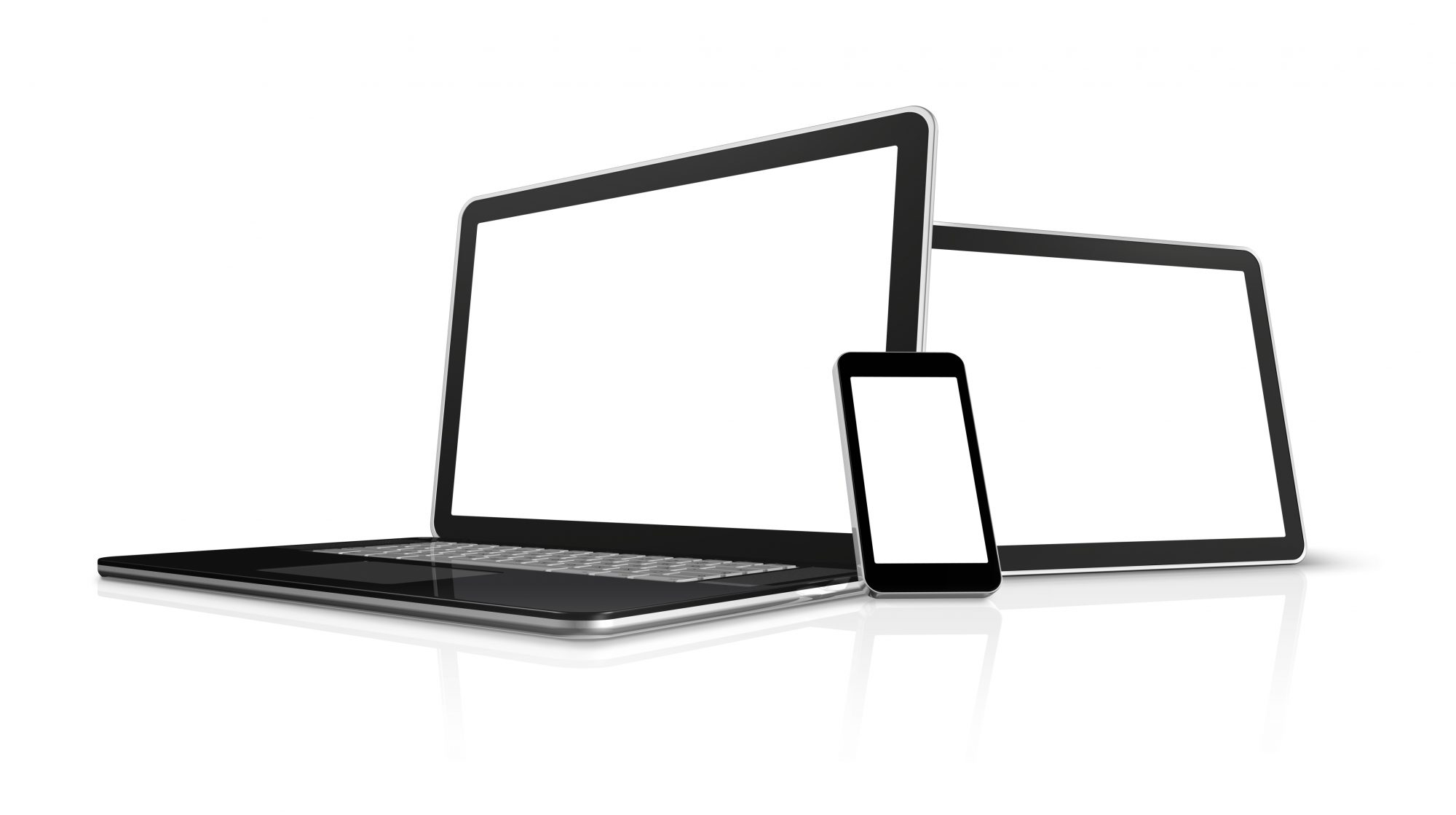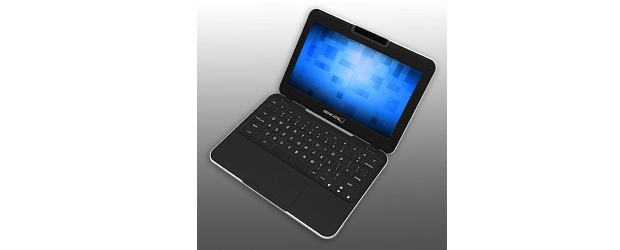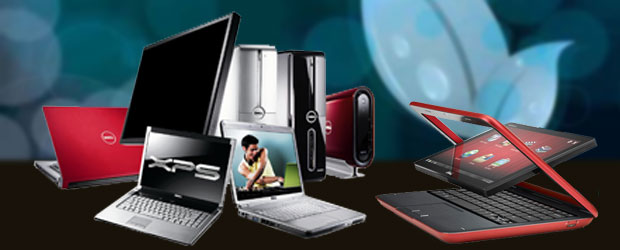Worldwide shipments of personal computers dropped slightly during the third quarter of 2014, but analyst firm International Data Corp. (IDC) said the slide was not as huge as expected partly because of the growth in consumer appetite for Chromebooks and entry-level PCs.
Manufacturer’s shipped 78.5 million desktops and laptops in Q3, representing a 1.7 per cent drop from shipments for the corresponding quarter last year, according to IDC’s Worldwide Quarterly PC Tracker. However, that drop is still much lower than the 4.1 per cent drop the firm projected for the quarter.
In an earlier report in March, IDC said 2014 “will remain a challenging year for PC vendors in Asia” as a slower economic outlook cause consumers to prioritize their device purchases and political changes in countries such as India and, Indonesia and Thailand impact commercial spending.
Back then, IDC also predicted a slight improvement in shipments brought about “short-term factors” such as a small rise in PC replacement related to the migration from Windows XP.
During the third quarter of 2014, Chinese multinational computer company Lenovo Group Ltd., held onto its lead over Hewlett-Packard from a year ago. Lenovo shipped 15.7 million PCs, for the period to HP’s 14.7 million.
IDC said Lenovo accounted for 20 per cent of the worldwide market share for the third quarter up from last year’s 17.7 per cent.
Dell Inc. was a close third at 10.4 million. The Acer Group and Apple Inc. were No 4 and 5 respectively and Asus was No 6.
Acer’s shipments actually grew 11 per cent partly because of sales of Chromebooks and entry-level PCs.
Strong back-to-school sales and continued acceptance of Chromebooks as well as Windows XP and Windows 7 migrations and a slowdown of tablet sales, helped to prop up PC sales, according to Rajani Singh, senior research analyst for IDC.
“Moving forward, we expect a healthy holiday season, hence the U.S. PC market may maintain a positive growth rate, Singh said “However, low demand for large commercial refreshes, combined with competition from 2-in-1 systems, may limit the growth potential.”
There’s also another threat to PCs.
Last month, IDC said that shipments phablets, smart phones with screen sizes 5.5” to 7”, will reach 175 million by the end of 2014, topping by five million the number of tablets expected to be shipped for the year.







Notice how Acer is the king of the cheaply priced computers? Walk into the store and it seems that the most of the top 10 cheapest laptops are from Acer. Every person I know who has bought something from Acer/Gateway has had issues. Even upgrading RAM requires system specific RAM. Someone I know with a Gateway will have to spend $300+ for 16GB of RAM when you can buy “generic” system RAM [but brand name] for under $200. In almost all cases you can’t even mix and match between memory venders even though both are made for the system.
As for Chromebooks, 85% are still bought by schools. At that price they sell, rather get an Android tablet. At least won’t be limited if no Internet access.
Chrombooks will find more market share, as the general user discovers they can upgrade the memory and SSD size easily on most units. But the easy Dual booting capabilities of the Chromebook is the key to tech savvy buyers. A very quick chrome o/s for web surfing and email, and an amazing easy dual boot for some serious computing, on or off line.